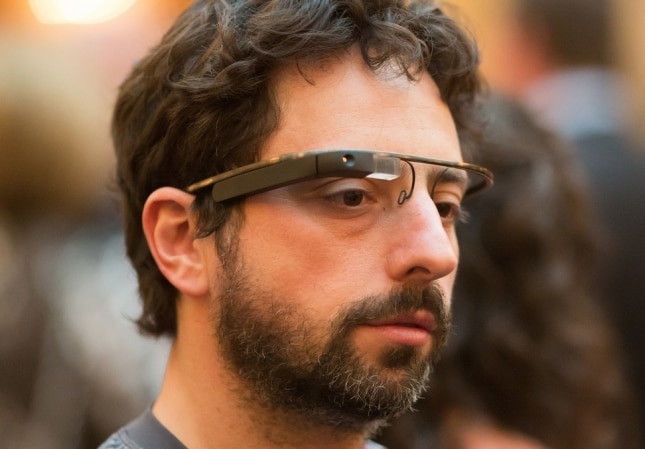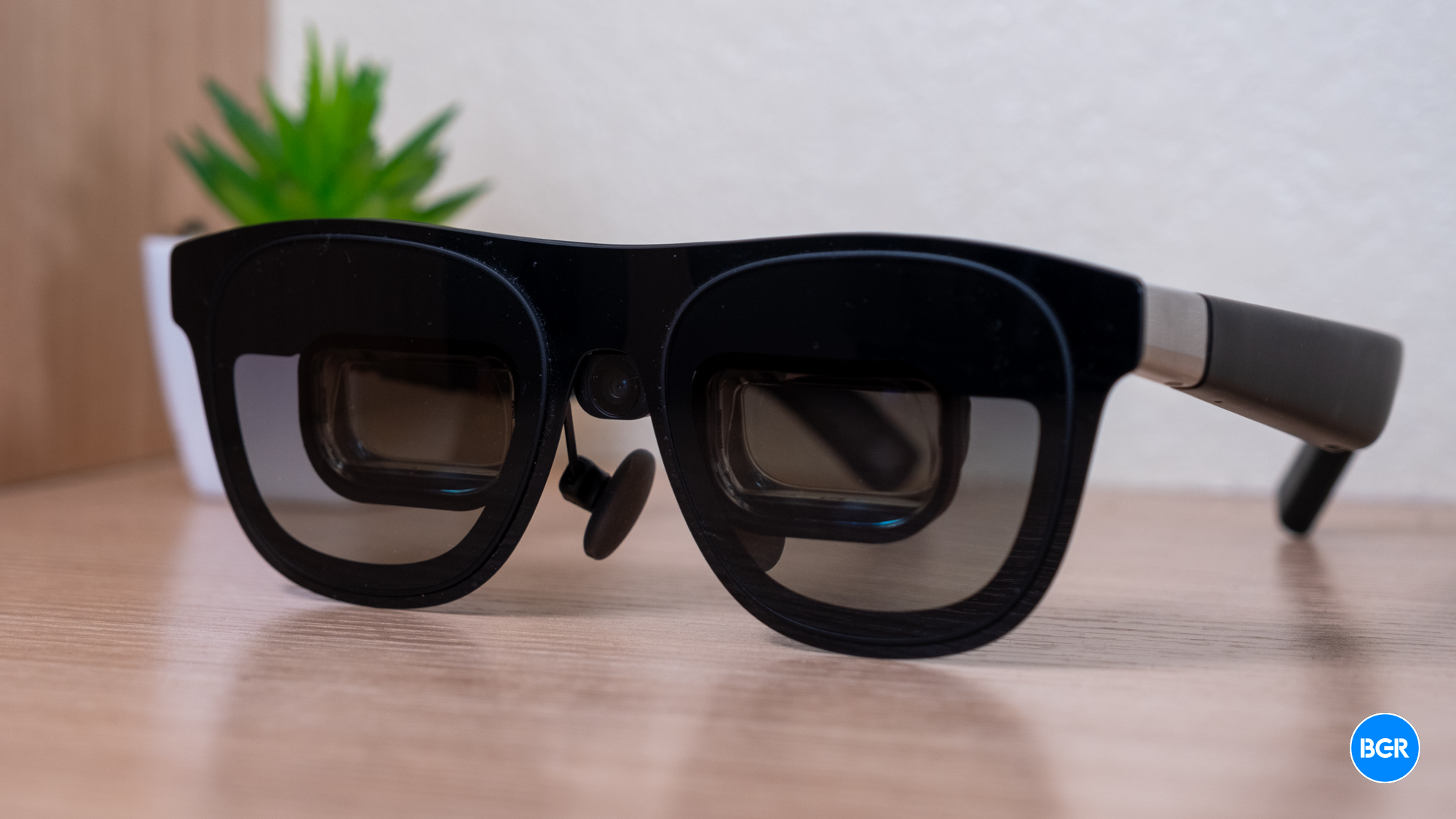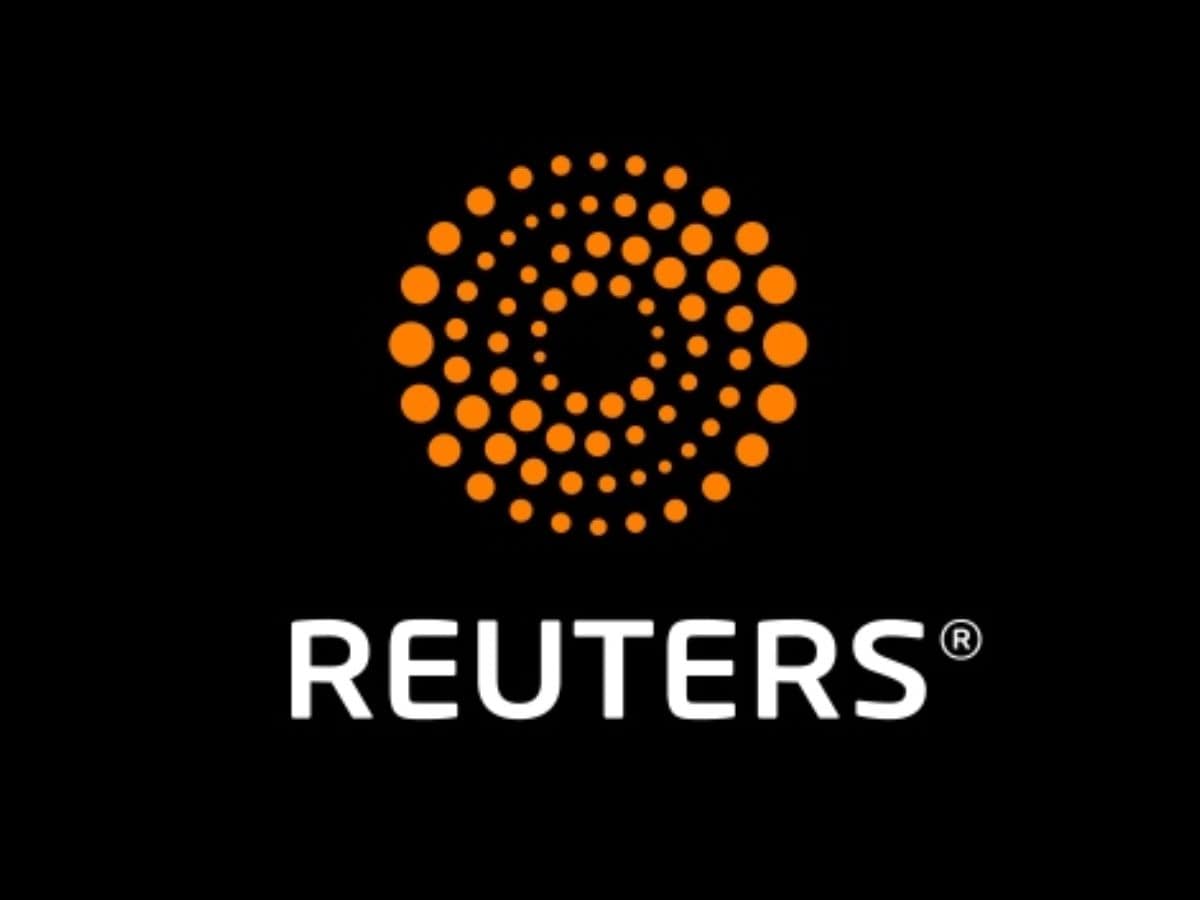Despite major efforts from industry giants like Apple and Meta, the world of virtual and augmented reality is still finding its footing. While there are predictions that this technology could eventually replace our smartphones, it remains in its early stages of development.
However, with Google now entering the scene, things might be about to heat up. Back in 2012, Google introduced Google Glass—a product that was far ahead of its time. It featured a glasses-like headset capable of projecting images onto the user’s real-world view. Although the project ultimately failed and never saw the light of day, it laid a strong foundation for the future. In fact, the Ray-Ban Meta glasses took a page out of Google’s book, and did a modern reinterpretation of Google Glass.
Now, Google is back in the game, having quietly showcased its new Android XR smart glasses at the TED Conference in Vancouver. Shahram Izadi(Head of Google’s AR and VR) took the stage wearing the prototype of the Android XR glasses, packed with cutting-edge features and powered by Google’s Gemini AI. What sets these glasses apart is Google’s lightweight, minimalistic design that relies on a connected smartphone for processing, keeping the glasses ensuring comfort without sacrificing performance.
Google’s Android XR glasses have made their first stage appearance https://t.co/xkPE7Rf3IX
— Android Authority (@AndroidAuth) April 11, 2025
The best part about the glasses is that they resemble regular eyeglasses or sunglasses, making them perfect for blending into everyday environments. Yet, the Android XR is packed with tech components like a built-in camera, in-lens display, microphone, and tiny speakers.
Izadi demonstrated the device’s capabilities on the stage. One standout feature was live language translation, as it translated Farsi to English in real time. Another impressive demo showed the glasses scanning the contents of a book, while a memory recall feature allowed Gemini AI to remember the book content through the camera. Izadi also used the glasses to secretly view his own speech notes during the presentation.
Their functionality extends far beyond translation or object recognition. The users will also get access to the Google apps like Google Maps and YouTube Music. There’s even the potential for Android Auto integration in the future, making these wearables a part of our everyday lives.
While Google has yet to confirm when or where these glasses will be released, development appears to be well underway.
Get latest Tech and Auto news from Techlusive on our WhatsApp Channel, Facebook, X (Twitter), Instagram and YouTube.












